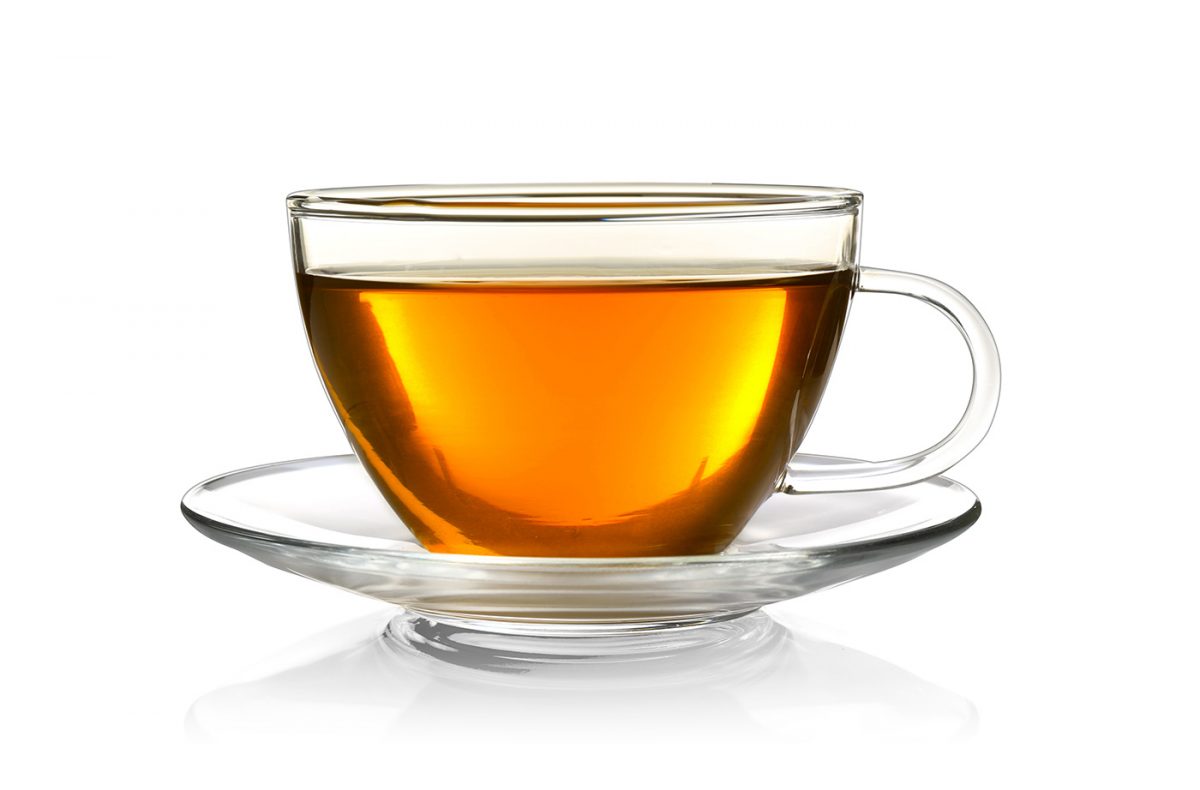
Tea: Because tea contains tannin and can bind iron and minerals, drinking tea leads to iron deficiency.
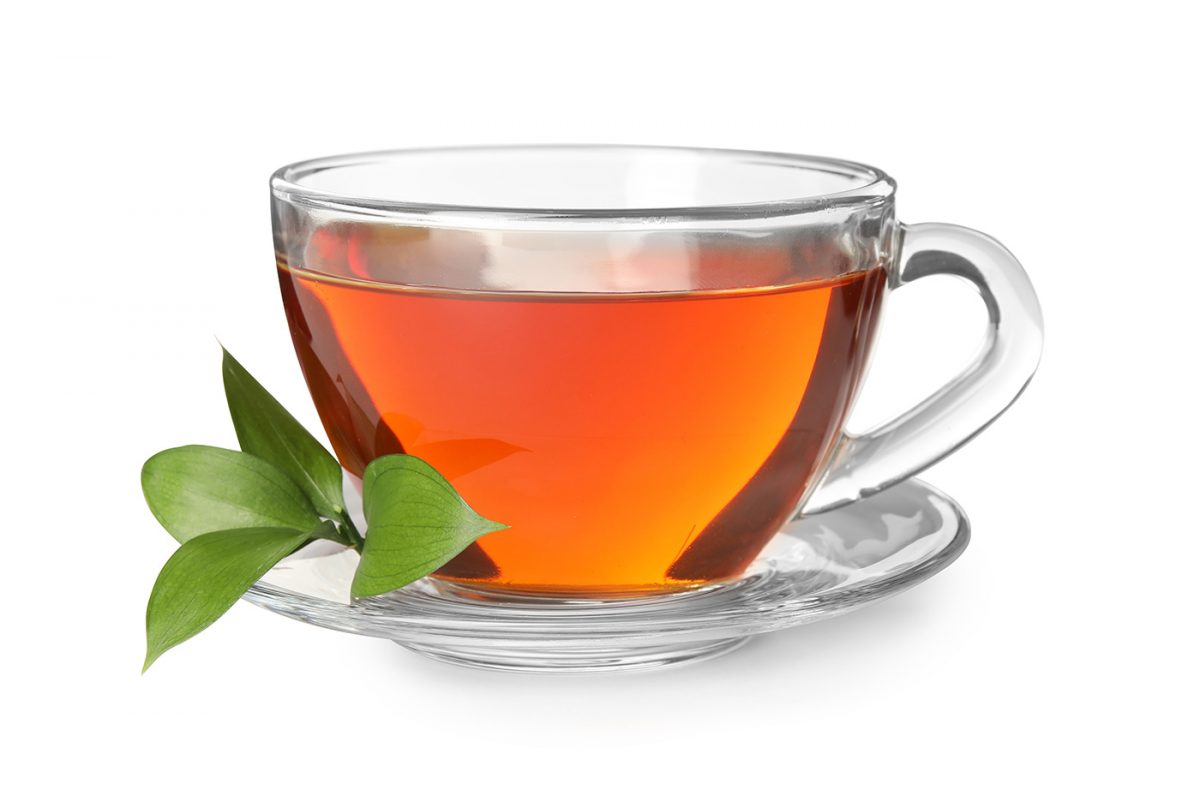
Herbal teas: Herbal teas, including chamomile tea, green tea, etc., reduce iron absorption. Furthermore, herbal teas may contain some pharmacological agents and available studies are inadequate to show that their use is safe in infants and young children.
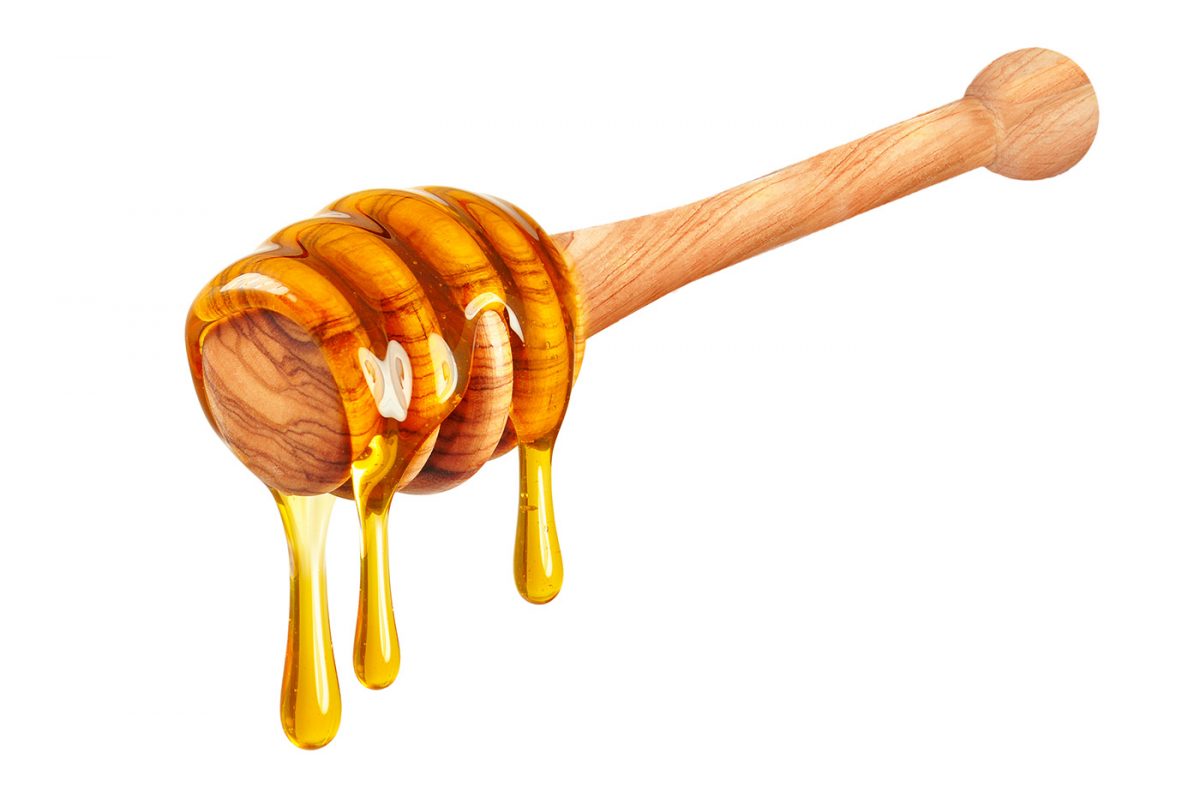
Honey: It poses a risk of botulism because it may contain Clostridium botulinum spores. Because the low levels of stomach acid in infants are inadequate to kill Clostridium botulinum spores, honey is not recommended for children under 12 months
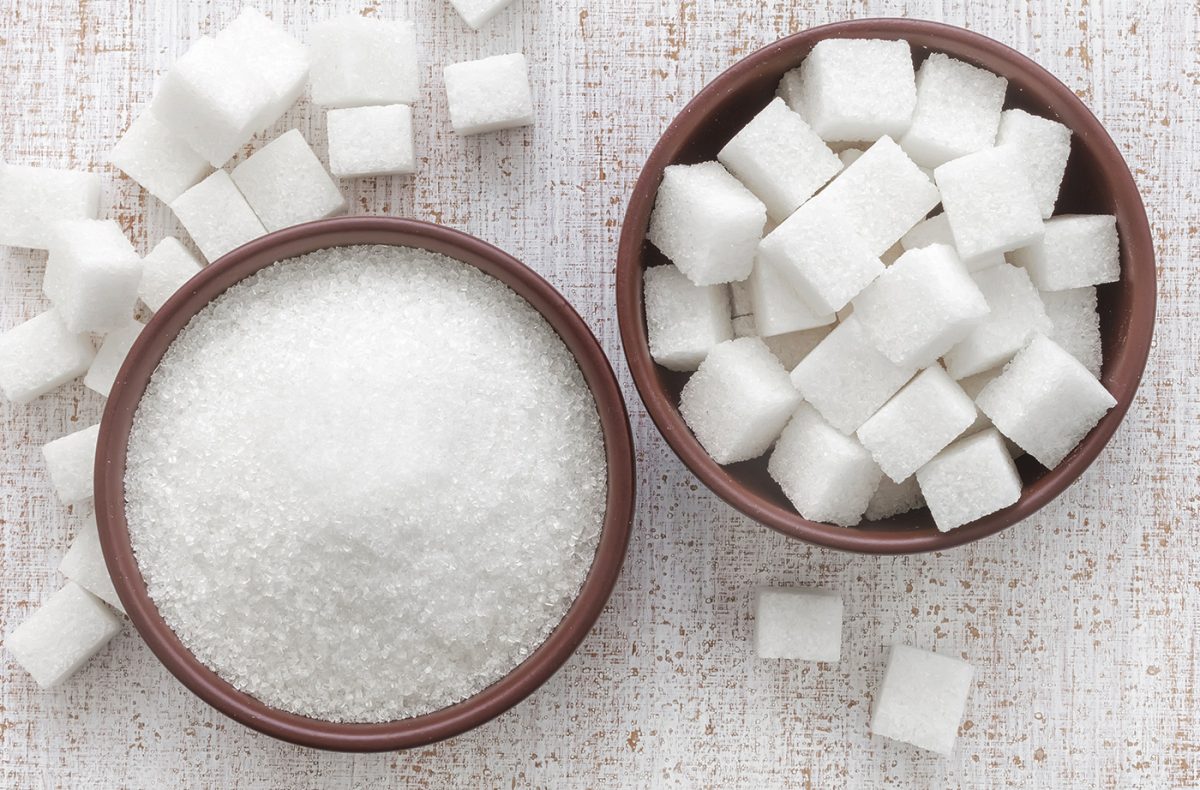
Sugar: Using molasses instead of sugar in infant diets is a more correct approach. Furthermore, excessive sugar consumption in children not only causes appetite loss and dental caries but it leads to the development of unhealthy eating habits and obesity as well.
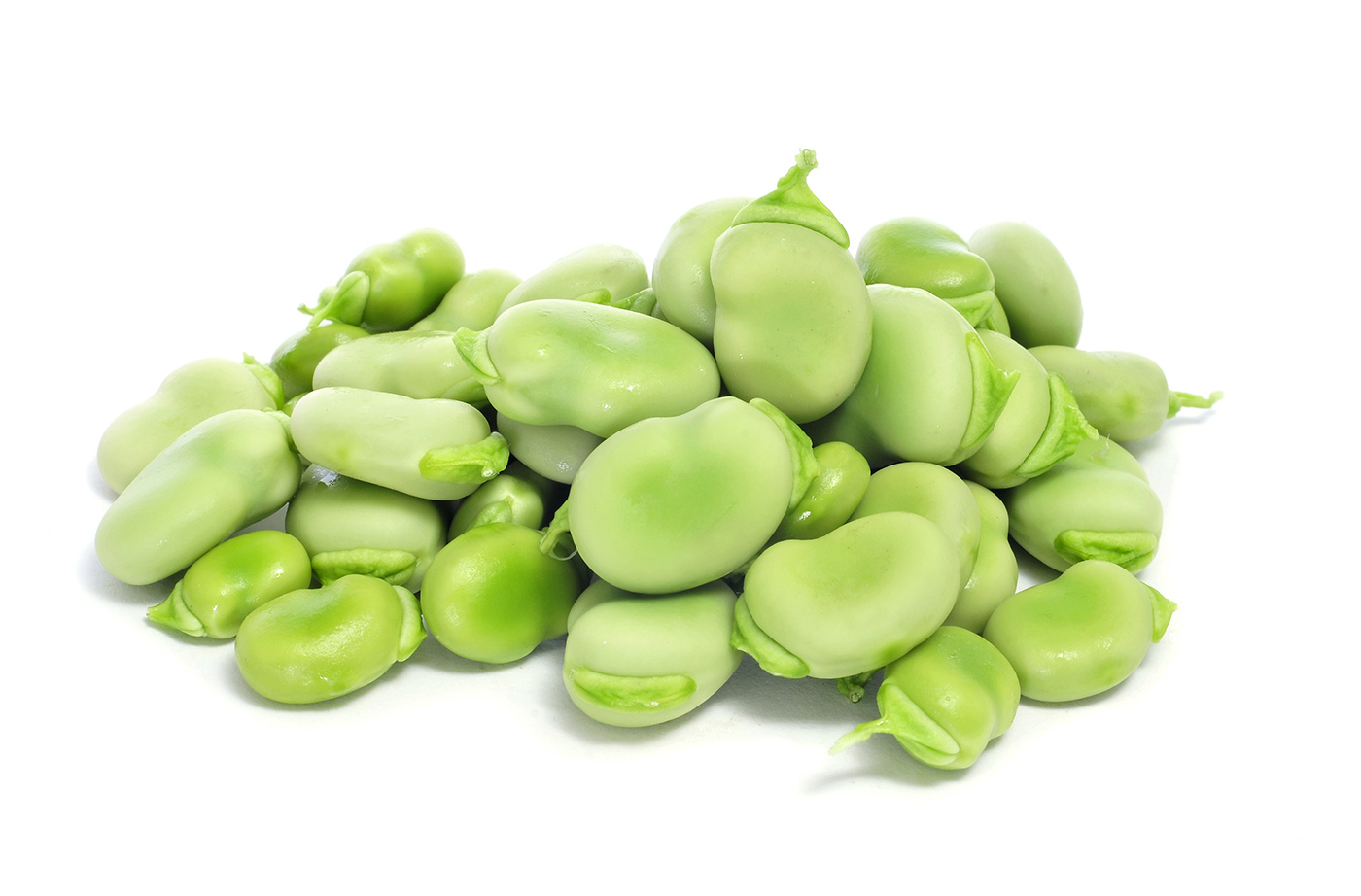
Broad bean: Its consumption in infancy is not recommended, as broad beans with toxins may induce intoxication.
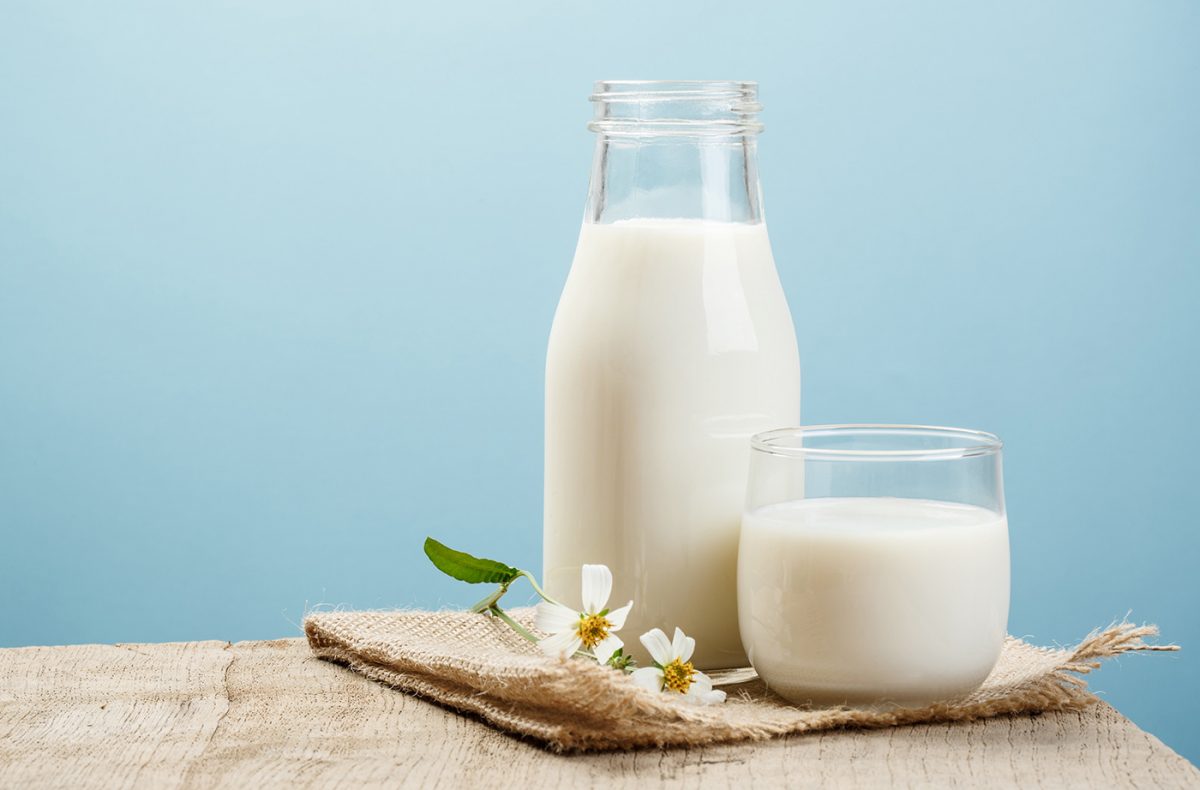
Cow milk: The World Health Organization does not recommend cow’s milk up to 1 year of age because it has a high protein content induces allergies, the calcium/phosphorus balance in its content is inappropriate, the bioavailability of fat, vitamins, calcium, and iron in cow’s milk is poor, the ingestion of cow’s milk causes constipation, and cow’s milk creates a high renal solute load.
References:
- Köksal, G., Özel, H.G. (2012). Bebek Beslenmesi. Sağlık Bakanlığı. 2.baskı. Ankara, 726:7-29.
- Yazıcı, B. (2018). Tamamlayıcı Beslenme. Klinik Tıp Pediatri Dergisi, 10(1), 7-16.


